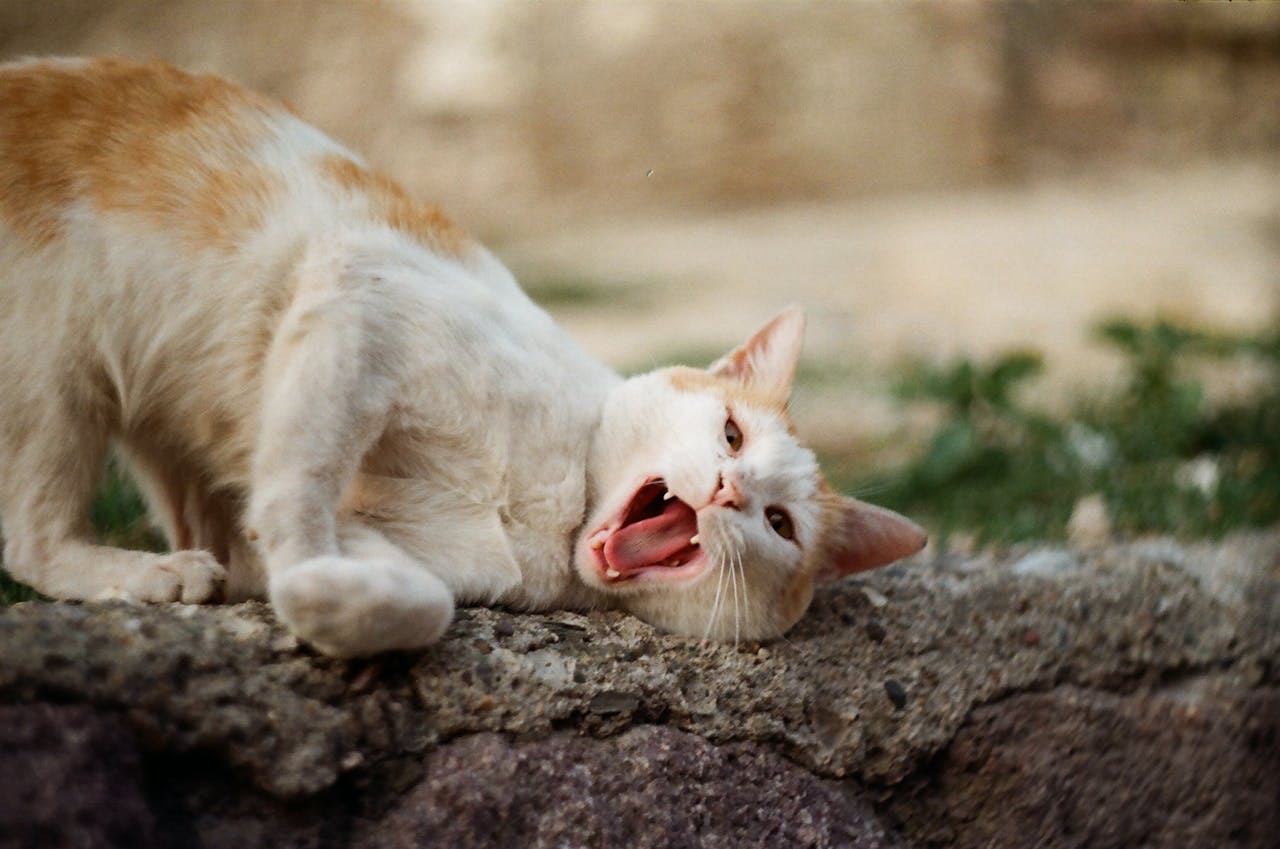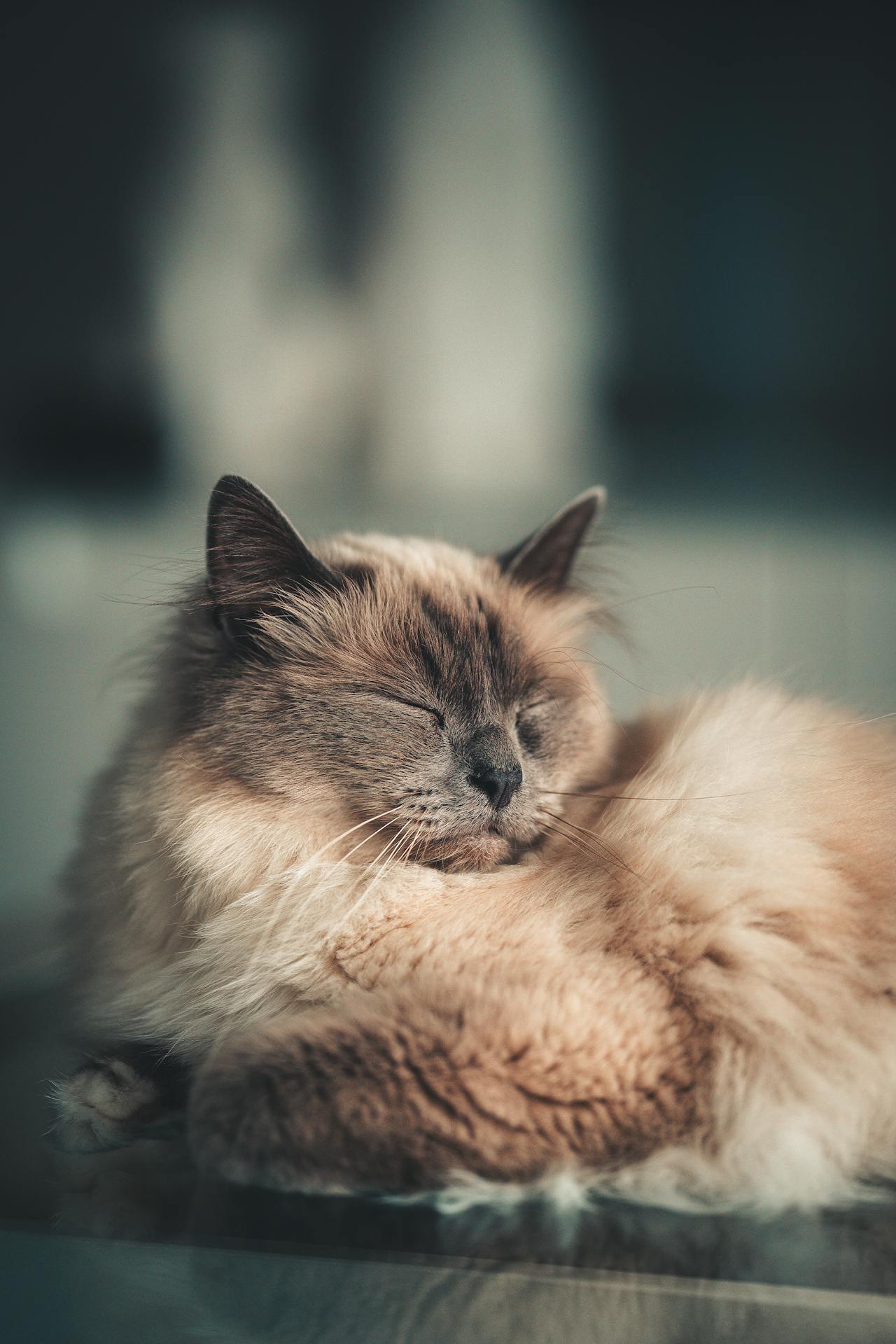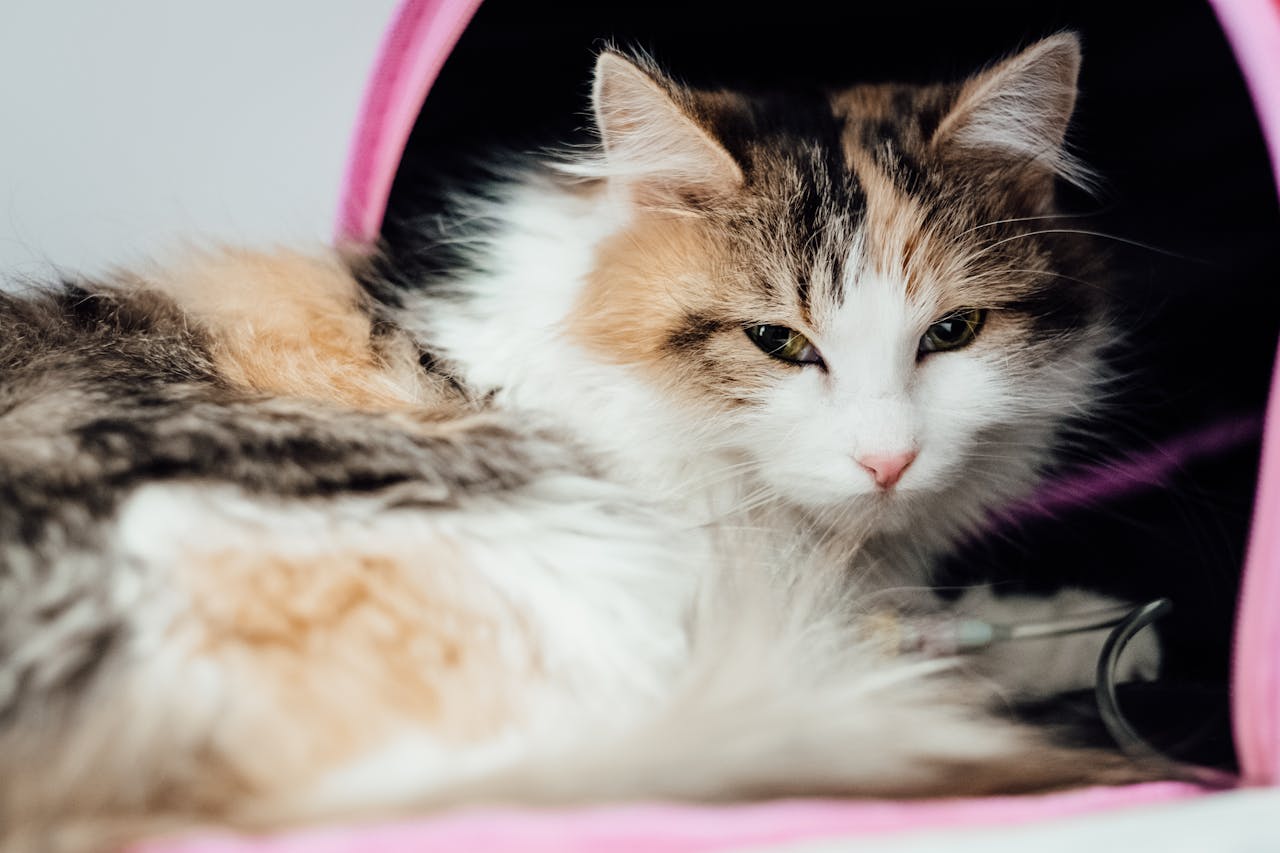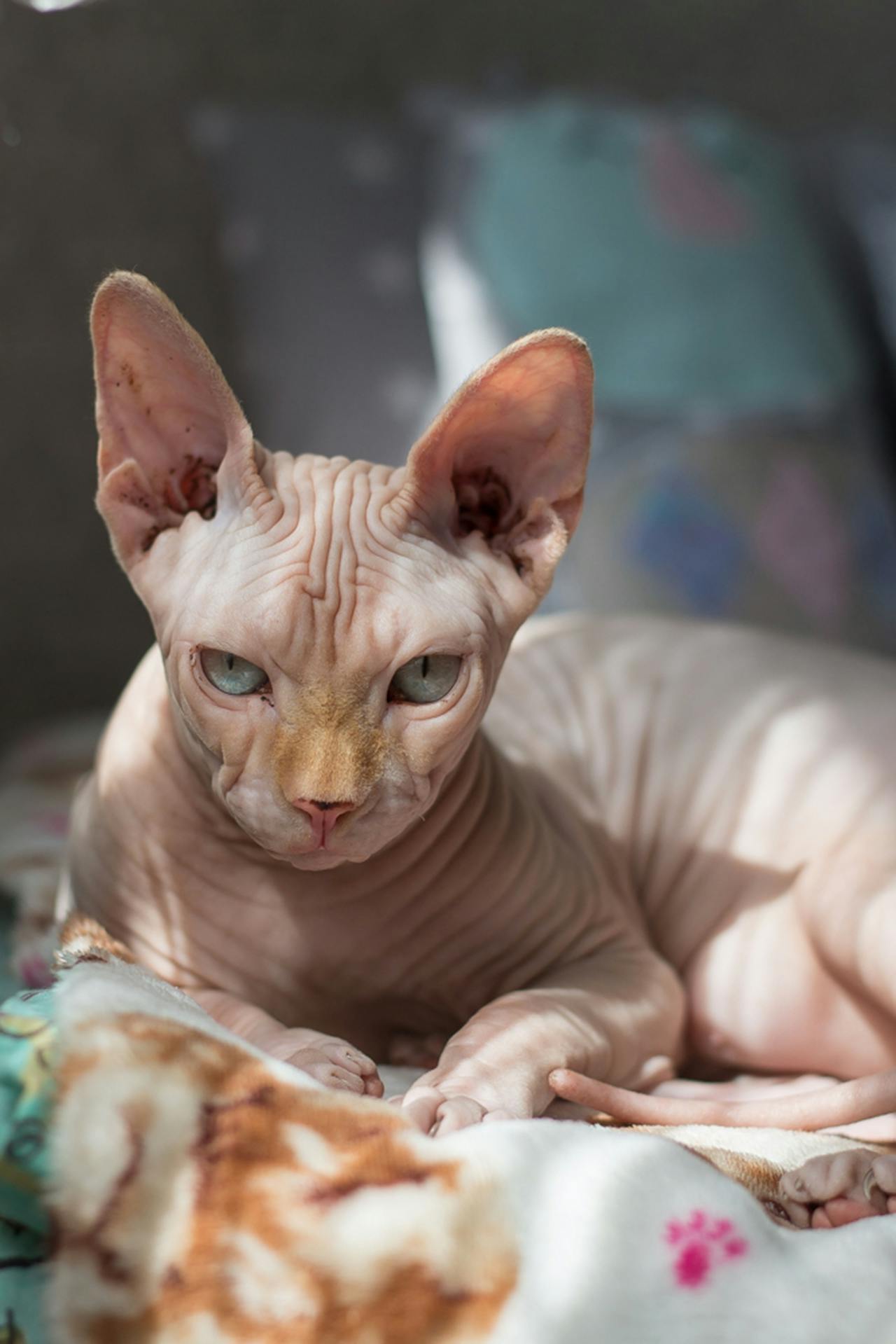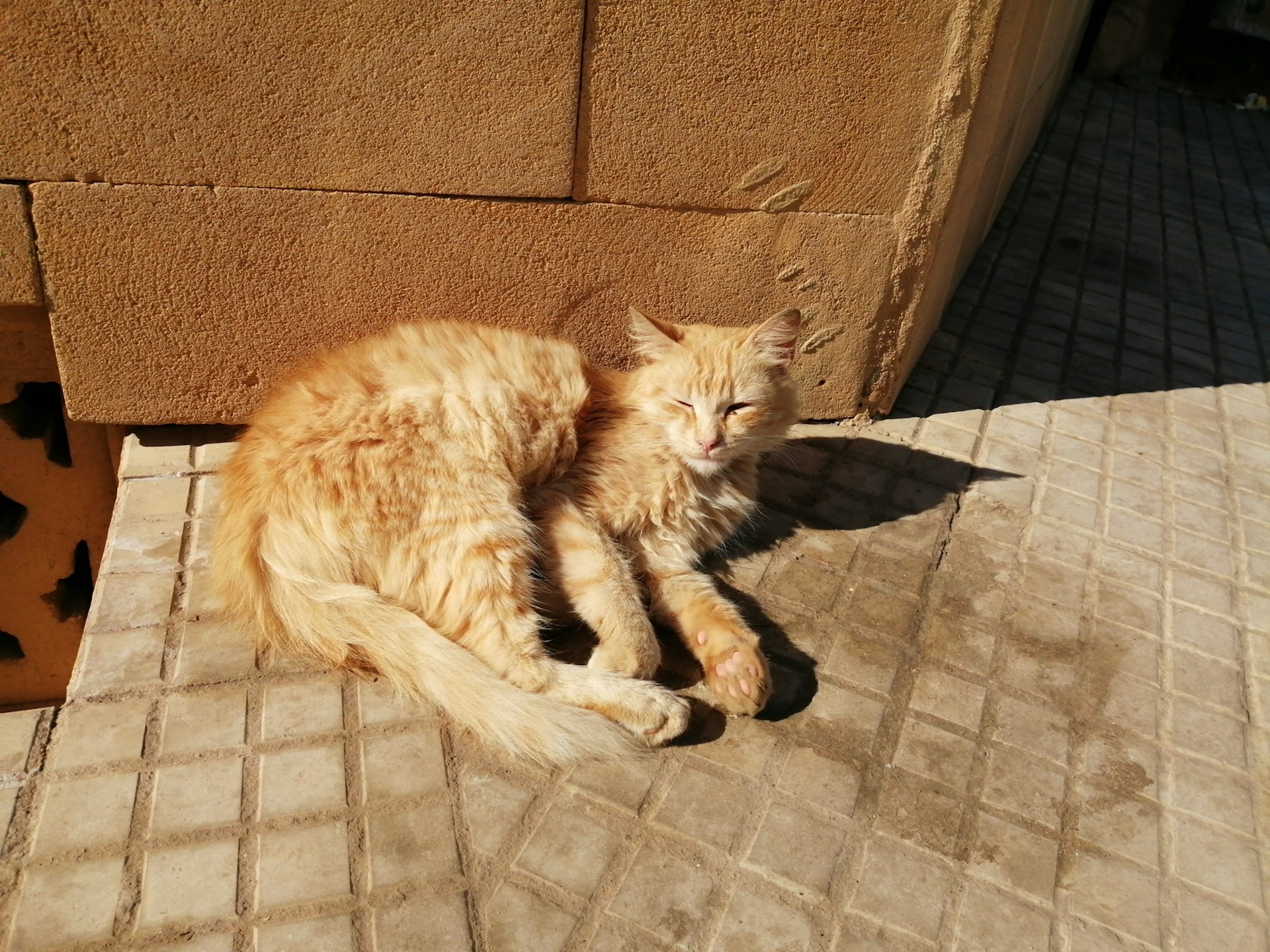Hairballs and Health in Cats
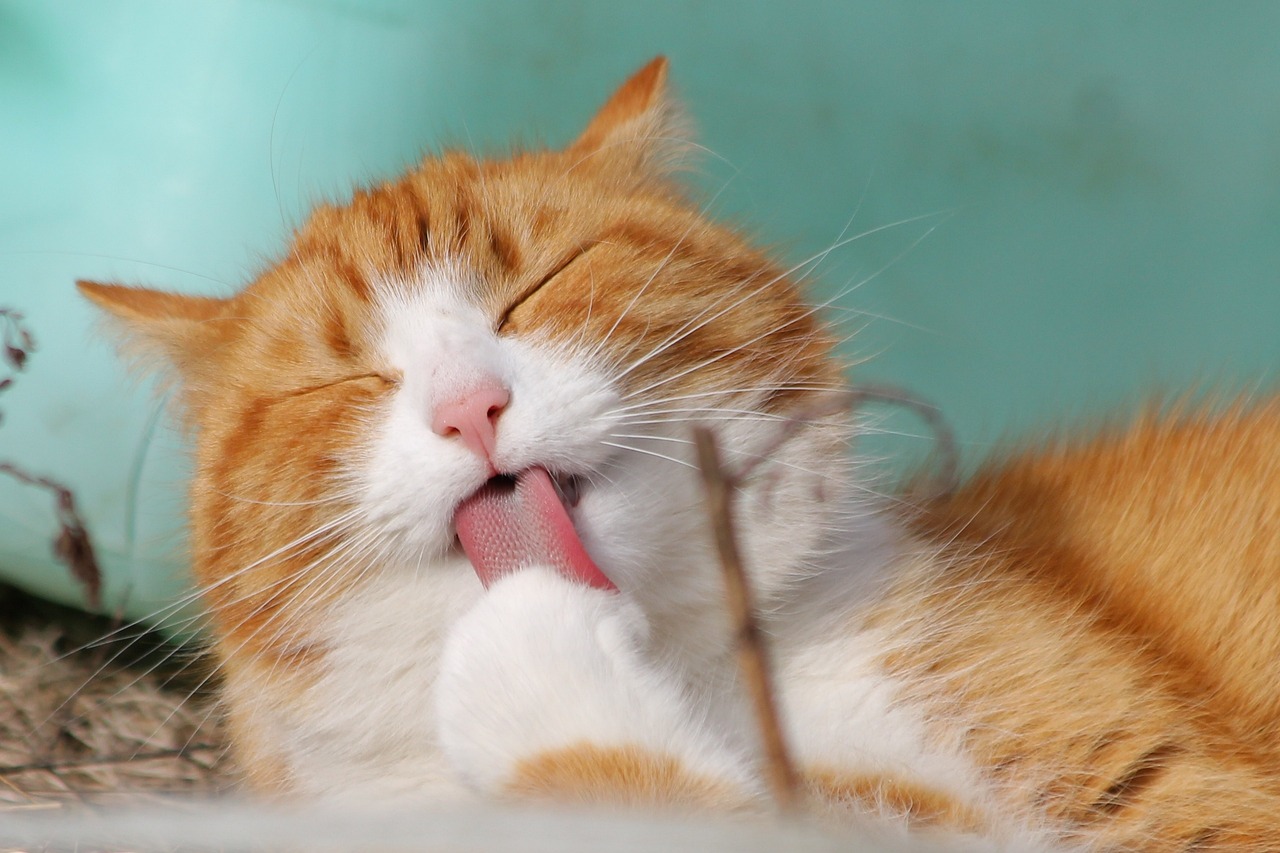
Understanding Hairballs
Hairballs in cats typically develop as a result of regular grooming. When cats lick themselves, they ingest loose fur, which can accumulate in their stomachs and form into a ball. Hairballs usually pass naturally through the digestive tract, but occasionally, a cat may have difficulty expelling one, leading to an unsettling coughing episode.
Preventing Hairballs
Regular grooming is critical to reduce the likelihood of hairballs in your cat's stomach. The less hair your cat ingests, the lower the risk of hairball formation. You can find various grooming tools and specialty cat foods to help move hair safely through your cat's digestive system.
Hairballs as a Health Indicator
It's a common misconception that frequent hairball hacking is normal cat behavior. However, Dr. Jennifer Hawkins, a veterinarian based in Orange County, California, who specializes in feline care, warns against this assumption. Dr. Hawkins states, "Vomiting is not normal behavior for cats." If your cat vomits more often than once every eight weeks, there may be an underlying chronic issue.
If your cat is coughing up food and a hairball, it may not be typical. Dr. Hawkins explains that chronic, intermittent vomiting could be linked to various health problems such as organ dysfunction, pancreatic inflammation, inflammatory bowel disease, gall bladder disorders, and even cancer. These conditions can be excruciating for cats and might pose a life-threatening risk. Consulting your cat's veterinarian can help identify the root cause of frequent vomiting.
It's important to remember that cats are skilled at concealing their health problems. Even if your cat appears fine after vomiting, don't hesitate to contact your veterinarian and schedule a checkup if you notice recurrent episodes.
Effective Hairball Management
To manage hairballs effectively and promote your cat's well-being, consider these strategies
Regular Grooming: Brush or comb your cat regularly to remove loose fur and reduce the amount of hair they ingest during grooming. Daily brushing can be beneficial in long-haired breeds.
Hairball Control Cat Food: Some brands offer specialized formulas to reduce hairball formation. These formulas often include increased fiber, oils, minerals, and vitamins to aid in the natural passage of swallowed hair. Consult your veterinarian for recommendations.
Add Fiber to the Diet: While cats don't require plant fiber like humans, a small amount of fiber can aid digestive tract health and minimize hairball risk. Options include pumpkin, apples, carrots, cat grass, and Metamucil (in consultation with your vet).
Lubricate the Digestive Tract: Incorporate oil into your cat's diet to help lubricate the digestive tract, making it easier for hair to pass naturally. A teaspoon of olive oil, occasional canned tuna or sardines, or petroleum jelly on their paw can be adequate.
Use Hairball Products: Consider using over-the-counter hairball products or mild laxatives to assist in the passage of hairballs. Always follow product directions and consult your veterinarian, especially if your cat has other health conditions.
Discourage Excessive Grooming: Identify and address any potential causes of excessive grooming, such as pain or anxiety, with guidance from your vet.
Hydration: Ensure your cat stays well-hydrated, as dry food diets may not provide enough moisture. Provide clean, fresh water sources, and consider using a water fountain if your cat prefers running water.
By implementing these strategies, you can help your cat experience fewer hairballs and maintain their overall health and comfort. Always consult your veterinarian for personalized advice on your cat's needs and conditions.
When to Seek Veterinary Care for a Cat with Hairballs
While occasional hairballs are common and often not a cause for concern, there are situations where immediate veterinary attention is crucial. Although rare, hairballs can grow excessively large, making it impossible for your cat to expel them naturally or leading to blockages in the digestive tract, necessitating surgical intervention.
You should promptly consult your veterinarian if your cat exhibits any of the following symptoms
Unproductive Vomiting: If your cat attempts to vomit but cannot bring anything up or repeatedly vomits phlegm or bile, it may indicate a blockage or other underlying issue.
Frequent Coughing: Frequent coughing can be a sign of a hairball-related problem.
Defecation Difficulties: If your cat experiences difficulty passing stools (constipation) or develops diarrhea, it may be associated with hairball complications.
Abdominal Distress: A bloated and complex abdomen can indicate a severe problem, potentially related to a giant or obstructive hairball.
Lethargy: If your cat becomes unusually tired and lethargic, it may signify a more significant issue that requires attention.
Loss of Appetite or Refusal to Drink: A sudden loss of appetite or a refusal to drink water can be a concerning sign, especially if it persists.
Get insurance plans with wide-ranging coverage options








